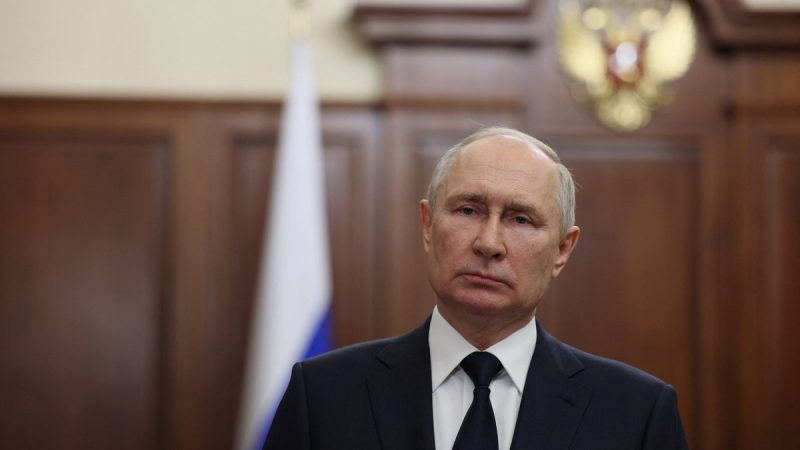
Ukraine’s Bid for NATO Membership Takes Center Stage in Brussels!
Ukraine has long been a pivotal player in the dynamics of geopolitics, particularly in the post-Soviet era. As the country seeks an invitation from NATO, the significance of the decision must be carefully considered. With a complex history shaped by shifting alliances and regional conflicts, Ukraine finds itself at a crossroads where its future trajectory will be determined by crucial decisions made in Brussels next week.
One of the primary reasons for Ukraine seeking a NATO invitation lies in its desire for security and stability in the face of ongoing challenges and threats. The annexation of Crimea by Russia in 2014 and the ongoing conflict in Eastern Ukraine have highlighted the vulnerability of the country and the importance of building stronger defense capabilities. By aligning itself with NATO, Ukraine aims to enhance its security architecture and deter potential aggressors, thereby ensuring the sovereignty and territorial integrity of the nation.
Moreover, seeking a NATO invitation also reflects Ukraine’s aspirations for closer integration with the Euro-Atlantic community. As a country aspiring to European values and democratic principles, Ukraine sees NATO membership as a strategic choice that aligns with its long-term geopolitical objectives. By joining the alliance, Ukraine seeks to deepen its engagement with Western institutions, foster closer ties with NATO member states, and gain access to new opportunities for economic, political, and military cooperation.
At the same time, Ukraine’s potential membership in NATO raises a number of complex challenges and considerations that must be carefully addressed. One key concern is the reaction of Russia, which has long opposed Ukraine’s integration into Western alliances and views NATO expansion as a threat to its national security interests. The prospect of Ukraine joining NATO is likely to escalate tensions with Moscow and could further exacerbate the already strained relations between the two countries.
Additionally, internal dynamics within Ukraine must also be taken into account when considering its NATO membership. Public opinion on joining the alliance remains divided, with some segments of the population expressing skepticism and concerns about the implications of NATO membership. Addressing these concerns and building consensus among the Ukrainian people will be essential in ensuring the sustainability of the country’s integration into NATO and its alignment with Western institutions.
In conclusion, Ukraine’s quest for a NATO invitation in Brussels next week represents a significant milestone in the country’s foreign policy trajectory. By seeking closer ties with the alliance, Ukraine aims to enhance its security, strengthen its democratic institutions, and deepen its integration with the Euro-Atlantic community. While the road ahead may be fraught with challenges and uncertainties, Ukraine’s commitment to realizing its Euro-Atlantic aspirations underscores the country’s determination to shape its own destiny and secure a brighter future for its citizens.